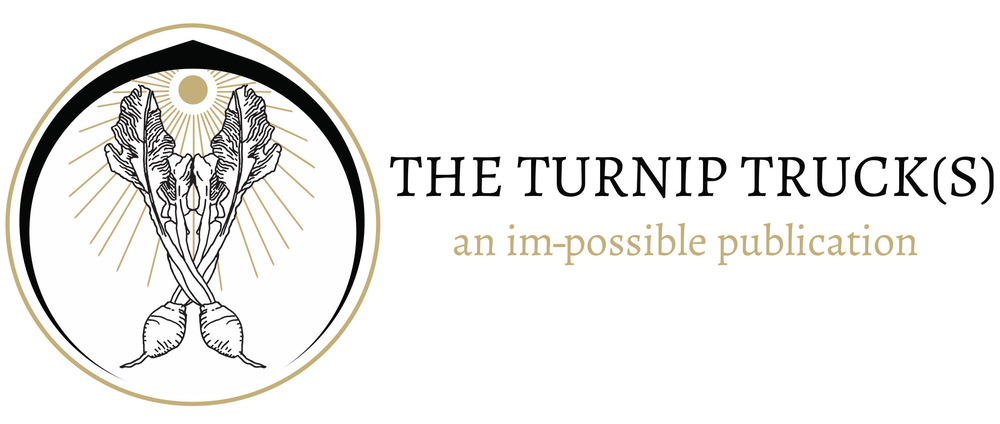Initially inspired by Nelson Algren’s 1956 novel A Walk on the Wild Side, Lou Reed’s 1972 hit song evolved into a description of the journeys of several real-life characters—Holly Woodlawn, Candy Darling, Joe Dallesandro, Joe Campbell, and Jackie Curtis—known as The Warhol Superstars. Before Andy Warhol launched them into stardom with films like My Hustler (1965), Flesh (1968), and Women in Revolt (1970), these actors and actresses survived the rough streets of New York on prostitution, drugs, and crime. As Reed tells it, “Holly,” a transgender actress hitchhiked from Florida to New York, learning to pluck her eyebrows on the way. “Candy,” also a transgender actress and the subject of Reed’s “Candy Says” for The Velvet Underground, grew up on Long Island and frequented the backroom at a popular restaurant and nightclub, Max’s Kansas City. “Little Joe” (Dallesandro) prostituted himself while Sugar Plum Fairy (Campbell) dealt drugs, and “Jackie” struggled with addiction. Surprisingly, despite its risqué topics of drug use, male prostitution, oral sex, and transsexuality, “Walk on the Wild Side” experienced wide radio coverage with little to no censorship. While in the end Algren’s book has little to do with the Lou Reed song, Algren noted, "The book asks why lost people sometimes develop into greater human beings than those who have never been lost in their whole lives." Reed once said of his song, “I always thought it would be kinda fun to introduce people to characters they maybe hadn't met before, or hadn't wanted to meet.” So, come on, get lost, meet new people, and take a walk on the wild side.


